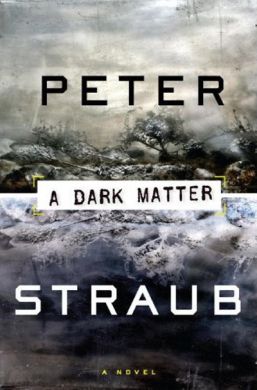Tattoos and Fantasy! Proposal!
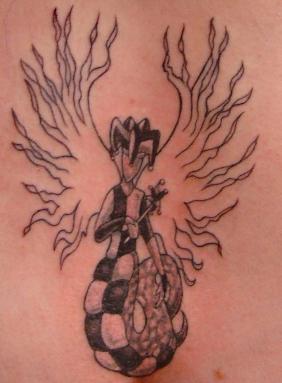
Dear Fantasy Writers,
Pretty soon I (and an Editing Wizard of my acquaintance) will be putting together a thing for Black Gate (possibly an article, possibly a short documentary-type-thingy for YouTube) about Fantasy writers and their tattoos. I know some folks view their ink and its significance as intensely personal. If this is the case with you, please ignore the rest of this message.
But if you are a published Fantasy writer, and have an image on your skin that you want to share, and a short paragraph about it, I’d love to see it!
I’d want a jpg of the image (high resolution) and, if at all possible, a voice clip of the story — from GarageBand or whatever. If not a voice clip, then a written paragraph would definitely suffice.
I’d also want a short bio about yourself and where we might find your published work. We’d link to it in the article-portion of this project. (I see it as both an article and documentary. It’s all still coming together in my own head.)
If participating in this Black Gate YouTubementary shenanigans interests you, I’d love to have your files by August 1st. This thing’ll probably be several months in the making, and we may not a.) get enough material or b.) get too much to use all of it — but whatever happens, I’d update all participants as we make progress.
So! Ideas? Hail and Well-Mets? Flagrant Compliments? “Absolutely want in!”s? Then write to me at claire(at)blackgate(dot) com
Thank you!
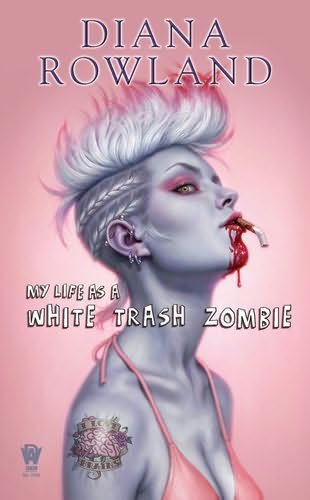

 I give it two out of three brains. And seriously, the cover is AWESOME. Now that’s a le freakin’ sexy zombie.
I give it two out of three brains. And seriously, the cover is AWESOME. Now that’s a le freakin’ sexy zombie.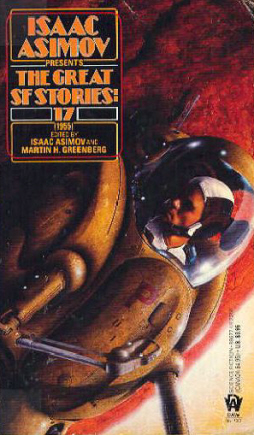
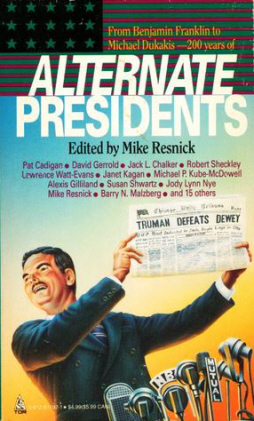
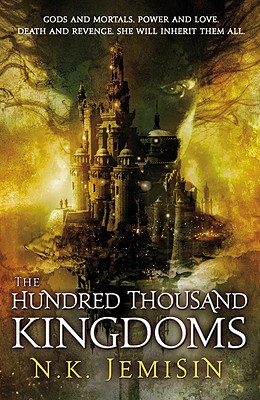
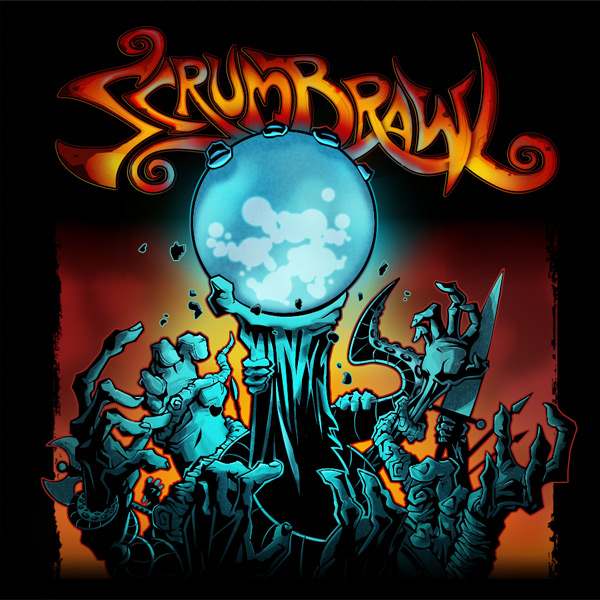 I’ve always been fascinated by the attempts of gaming companies to turn athletic sports into board games. Fascinated, but not quite intrigued enough to play one, until now.
I’ve always been fascinated by the attempts of gaming companies to turn athletic sports into board games. Fascinated, but not quite intrigued enough to play one, until now. July 9, 2011 will be the hundredth anniversary of the birth of Mervyn Peake, the author of three remarkable fantasy novels: Titus Groan, Gormenghast, and Titus Alone. The books — published in 1946, 1950, and 1959 — form a series (along with the novella “Boy in Darkness,” which I have not read) following the early life of Titus Groan, Seventy-Seventh Earl of the immense castle called Gormenghast. Peake had intended to write a longer sequence of novels about Titus; he planned two more books, but the advent of Parkinson`s Disease made that impossible. A number of activities are being planned to commemorate Peake’s centenary, including the publication of a fourth Titus volume, Titus Awakes, written by Peake’s wife after his death in 1968.
July 9, 2011 will be the hundredth anniversary of the birth of Mervyn Peake, the author of three remarkable fantasy novels: Titus Groan, Gormenghast, and Titus Alone. The books — published in 1946, 1950, and 1959 — form a series (along with the novella “Boy in Darkness,” which I have not read) following the early life of Titus Groan, Seventy-Seventh Earl of the immense castle called Gormenghast. Peake had intended to write a longer sequence of novels about Titus; he planned two more books, but the advent of Parkinson`s Disease made that impossible. A number of activities are being planned to commemorate Peake’s centenary, including the publication of a fourth Titus volume, Titus Awakes, written by Peake’s wife after his death in 1968.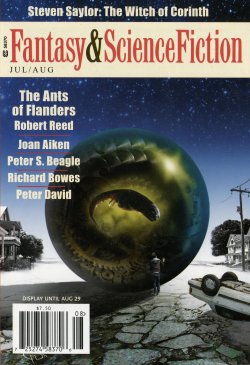
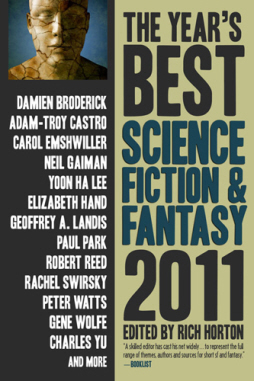
 The June-July 2011
The June-July 2011 